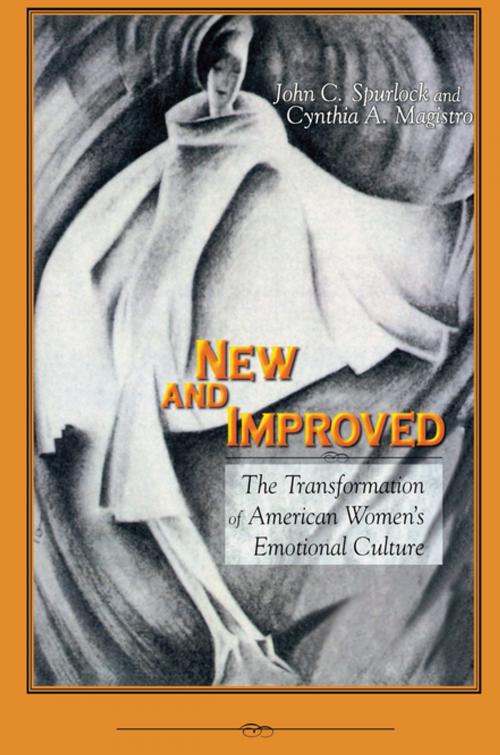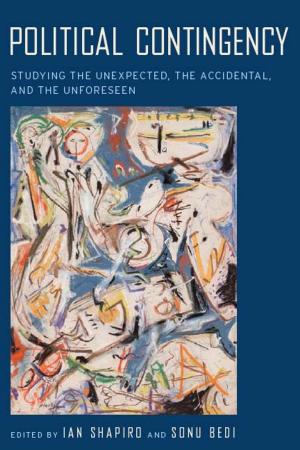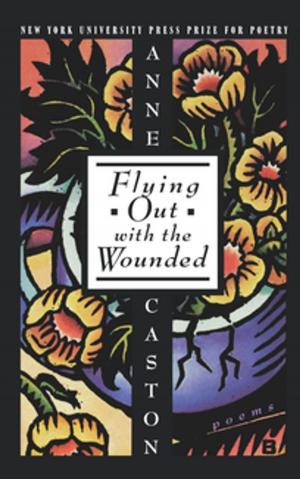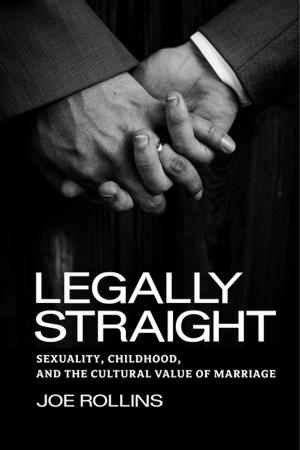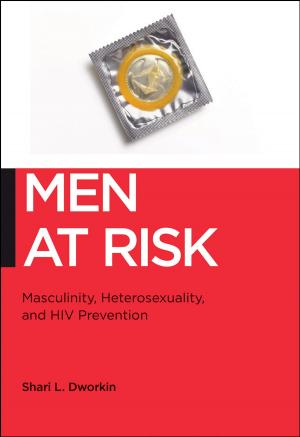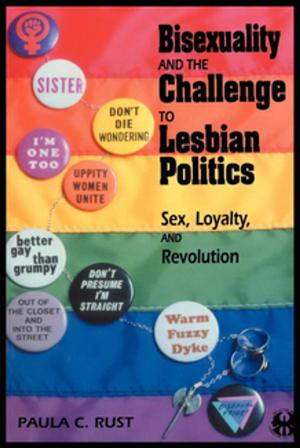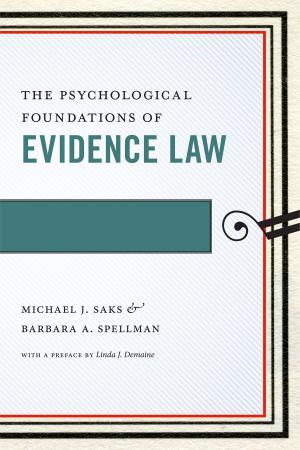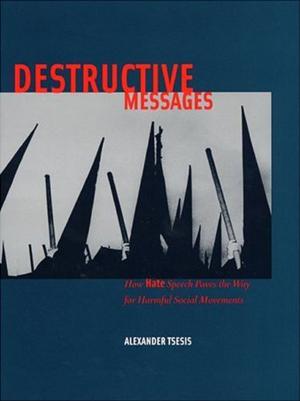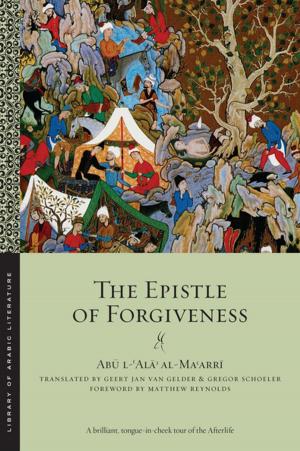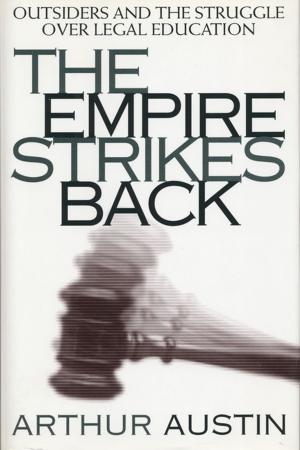New and Improved
The Transformation of American Women's Emotional Culture
Nonfiction, Social & Cultural Studies, Social Science, Gender Studies, Women&| Author: | Cynthia Magistro, John C. Spurlock | ISBN: | 9780814771013 |
| Publisher: | NYU Press | Publication: | August 1, 1998 |
| Imprint: | NYU Press | Language: | English |
| Author: | Cynthia Magistro, John C. Spurlock |
| ISBN: | 9780814771013 |
| Publisher: | NYU Press |
| Publication: | August 1, 1998 |
| Imprint: | NYU Press |
| Language: | English |
As the Victorian era drew to a close, American culture experienced a vast transformation. In many ways, the culture changed even more rapidly and profoundly for women. The "new woman," the "new freedom," and the "sexual revolution" all referred to women moving out of the Victorian home and into the public realm that men had long claimed as their own.
Modern middle-class women made a distinction between emotional styles that they considered Victorian and those they considered modern. They expected fulfillment in marriage, companionship, and career, and actively sought up-to-date versions of love and happiness, relieved that they lived in an age free from taboo and prudery.
Drawing on the diaries, letters, and memoirs of women from a wide range of backgrounds and geographic regions, this volume offers insights into middle-class women's experiences of American culture in this age of transition. It documents the ways in which that culture--including new technologies, advertising, and movies--shaped women's emotional lives and how these women appropriated the new messages and ideals. In addition, the authors describe the difficulties that women encountered when emotional experiences failed to match cultural expectations.
As the Victorian era drew to a close, American culture experienced a vast transformation. In many ways, the culture changed even more rapidly and profoundly for women. The "new woman," the "new freedom," and the "sexual revolution" all referred to women moving out of the Victorian home and into the public realm that men had long claimed as their own.
Modern middle-class women made a distinction between emotional styles that they considered Victorian and those they considered modern. They expected fulfillment in marriage, companionship, and career, and actively sought up-to-date versions of love and happiness, relieved that they lived in an age free from taboo and prudery.
Drawing on the diaries, letters, and memoirs of women from a wide range of backgrounds and geographic regions, this volume offers insights into middle-class women's experiences of American culture in this age of transition. It documents the ways in which that culture--including new technologies, advertising, and movies--shaped women's emotional lives and how these women appropriated the new messages and ideals. In addition, the authors describe the difficulties that women encountered when emotional experiences failed to match cultural expectations.
